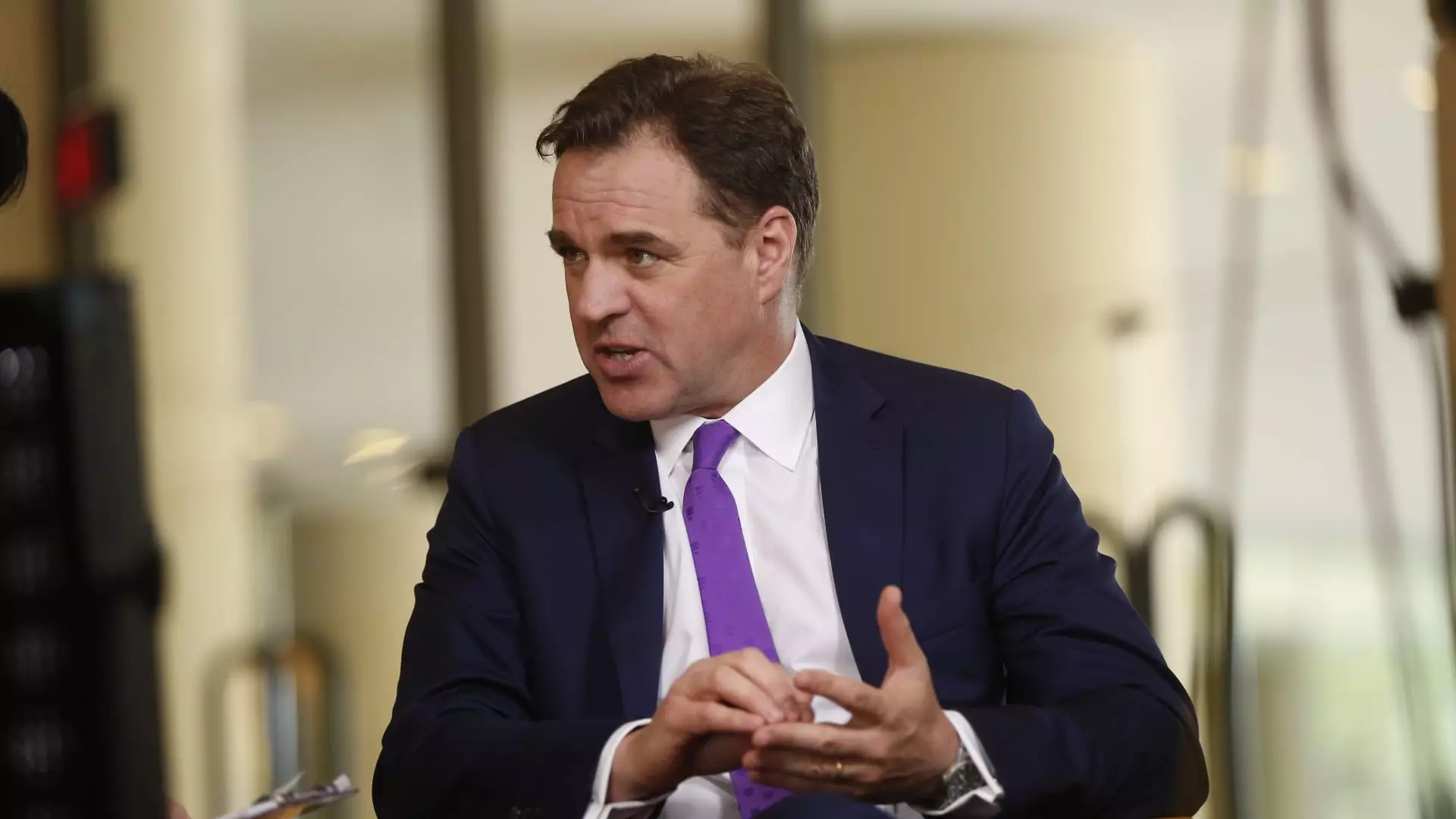Historian Niall Ferguson recently made claims that the concerns regarding former U.S. President Donald Trump being a threat to American democracy have been significantly weakened due to the events of his first term. Ferguson highlighted that the predictions of Trump turning into a tyrant and establishing a form of American fascism in 2016 were discredited by the course of his initial presidency. Despite this, Ferguson criticized Trump’s actions on January 6, 2021, and his attempts to overturn the results of the 2020 election, which he believed could have marked the end of Trump’s political career. However, to Ferguson’s surprise, Trump managed to make a comeback despite the controversies surrounding the Capitol riots.
The events of January 6, 2021, witnessed disturbing scenes of violence and chaos at the U.S. Capitol, triggered by protests against Trump’s defeat in the 2020 presidential election. A subsequent report from a select committee in 2022 revealed Trump’s repeated efforts to delegitimize the election process, spread false claims about the election outcome, and failure to prevent the mob’s actions, leading to accusations of a “dereliction” of duty. Despite these challenges, Ferguson emphasized that the U.S. political system was able to contain Trump’s behavior in 2020 and 2021, raising doubts about the extent of the threat he poses to democracy.
Ferguson pointed out that ordinary American voters, having already experienced a Trump presidency, might be less convinced by Democrat assertions regarding Trump’s threat to democracy. The ongoing legal battles and scandals involving Trump, including cases of election interference and civil cases related to sexual abuse and financial malpractice, have undoubtedly tarnished his reputation. Nevertheless, Ferguson acknowledged that the economic policies proposed by Trump and his opponents, such as tax adjustments and regulation changes, could influence voters’ decisions in future elections.
The differences in economic policy proposals between Trump and his Democratic opponents, particularly on issues like taxation and regulation, could play a crucial role in shaping the outcome of upcoming elections. For instance, Trump’s proposal to reduce the top rate for long-term capital gains to 15% contrasts with Harris’s plan to introduce a 28% tax on such gains for households with an annual income exceeding $1 million. These disparities reflect the divergent approaches the candidates would adopt towards addressing the growing U.S. deficit, as highlighted by Ferguson, who described the fiscal situation as being unsustainable.
Whoever emerges victorious in the forthcoming election will be tasked with addressing the pressing economic challenges facing the country. Ferguson speculated that Trump would focus on boosting economic growth as a means to tackle the deficit, as opposed to Harris, who might resort to raising taxes. The contrasting strategies of the candidates underscore the complexity of the economic landscape in the United States and the need for comprehensive policy reforms to ensure financial stability and sustainable growth.
While the concerns surrounding Donald Trump’s impact on U.S. democracy may have been somewhat mitigated by the events of his first term, the lingering controversies and legal challenges facing him continue to cast a shadow over his political career. The upcoming elections hold the potential to shape the future trajectory of American politics and economic policy, with repercussions that could extend far beyond the confines of partisan politics. It remains to be seen how the electorate will respond to the competing visions put forth by the candidates and the extent to which these proposals address the deep-seated issues plaguing the nation.

Leave a Reply